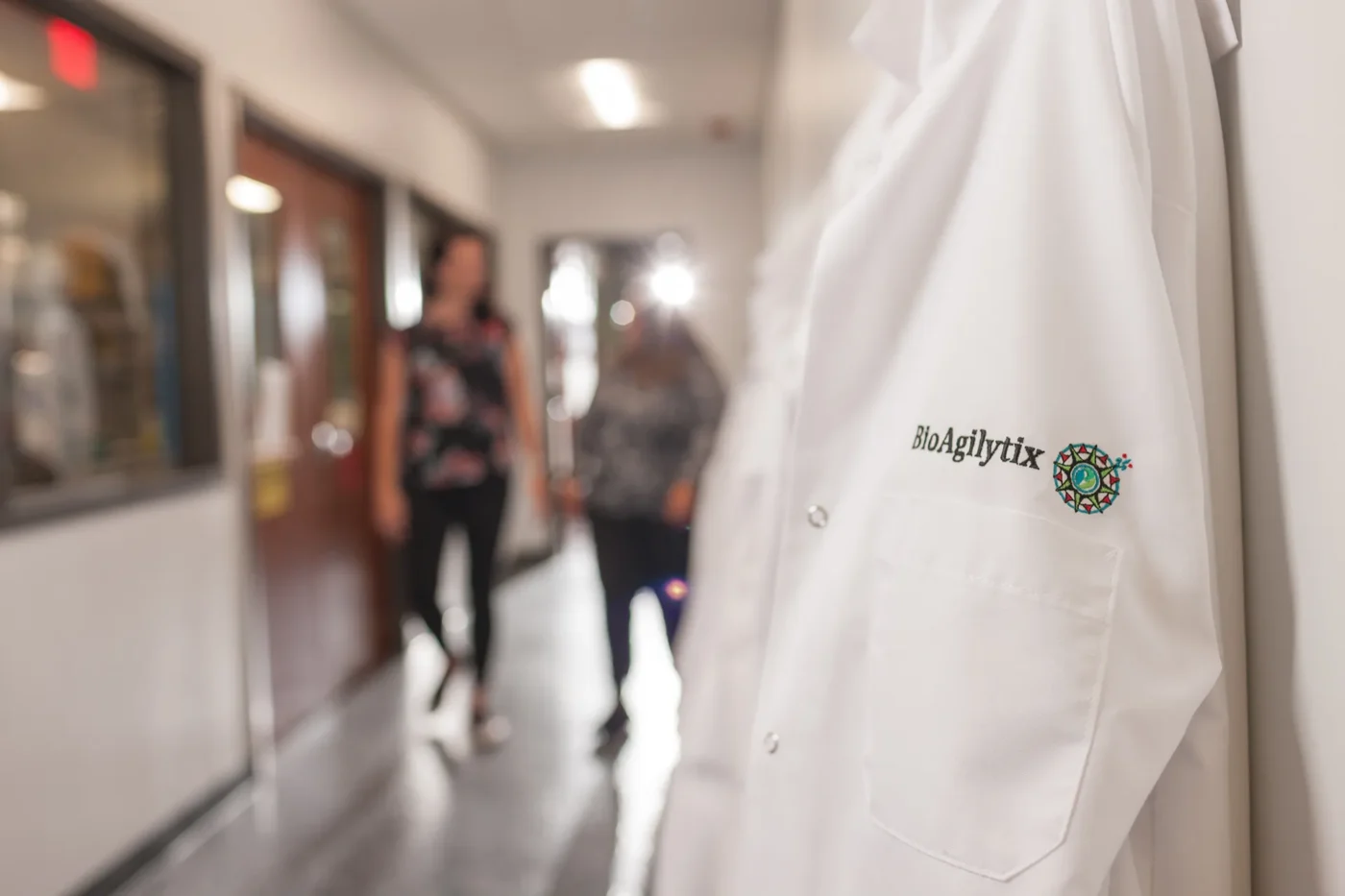Copper Against Covid

Copper-Coated Surfaces Show Superior Efficacy Against SARS-CoV-2: Swinburne University Study
Key points
- Academic researchers at Swinburne University wanted to determine the efficacy of copper-coated surfaces in inactivating SARS-CoV-2
- 360biolabs performed viricidal activity tests and found that copper coatings performed best, compared to annealed copper and stainless steel coatings, in reducing SARS-CoV-2 virus titres
- The research was published in the journal Manufacturing Letters and was awarded Manufacturing Letters Best Paper Award from the Society of Manufacturing Engineers (SME) in 2024
The Problem
At the early stages of the global COVID-19 pandemic, there was no known effective medication nor vaccine. The key to protect from the SARS-CoV-2 virus was to reduce transmission, as it was understood that the virus was spread by respiratory droplets, either through the air or via infected surfaces.
Copper is known for its antimicrobial properties and its capability to inactivate some viruses, including influenza A and Coronavirus 229E. While evidence emerged of copper’s ability to inactivate the SARS-CoV-2, a team of mechanical and product design engineers led by Professor Suresh Palanisamy from Swinburne University wanted to better understand how copper could be used, economically and practically, on high-touch surfaces to help combat the virus.
Exactly how effective was copper at inactivating the SARS-CoV-2 virus and what type of copper was the best?
The Solution
360biolabs was engaged as an industry collaborator on the project, and performed the critical viricidal activity assays. Here, the SARS-CoV-2 virus was exposed to three different metallic surfaces and compared with SARS-CoV-2 negative and positive control solutions, and virus titres assessed at five different timepoints. The inactivation efficiency was 96% and 99.2% for the as-deposited copper coating after a 2-hr and 5-hr incubation time, respectively.
This experiment created a robust matrix of results that demonstrated that copper coatings performed best, compared to annealed copper and stainless steel coatings, in reducing SARS-CoV-2 virus titration values.
The Impact
The research team was able to cold spray copper coatings onto stainless-steel surfaces in 7 minutes, demonstrating the potential application of this technique on a broader and time-sensitive scale. Importantly, this technique also presented significant cost savings, wherein existing parts, such as door handles, could be coated with copper. This study has the potential to help us fight future pandemics caused by viruses through the deployment of virus-killing coatings on high-touch surfaces, thereby reducing transmission.
